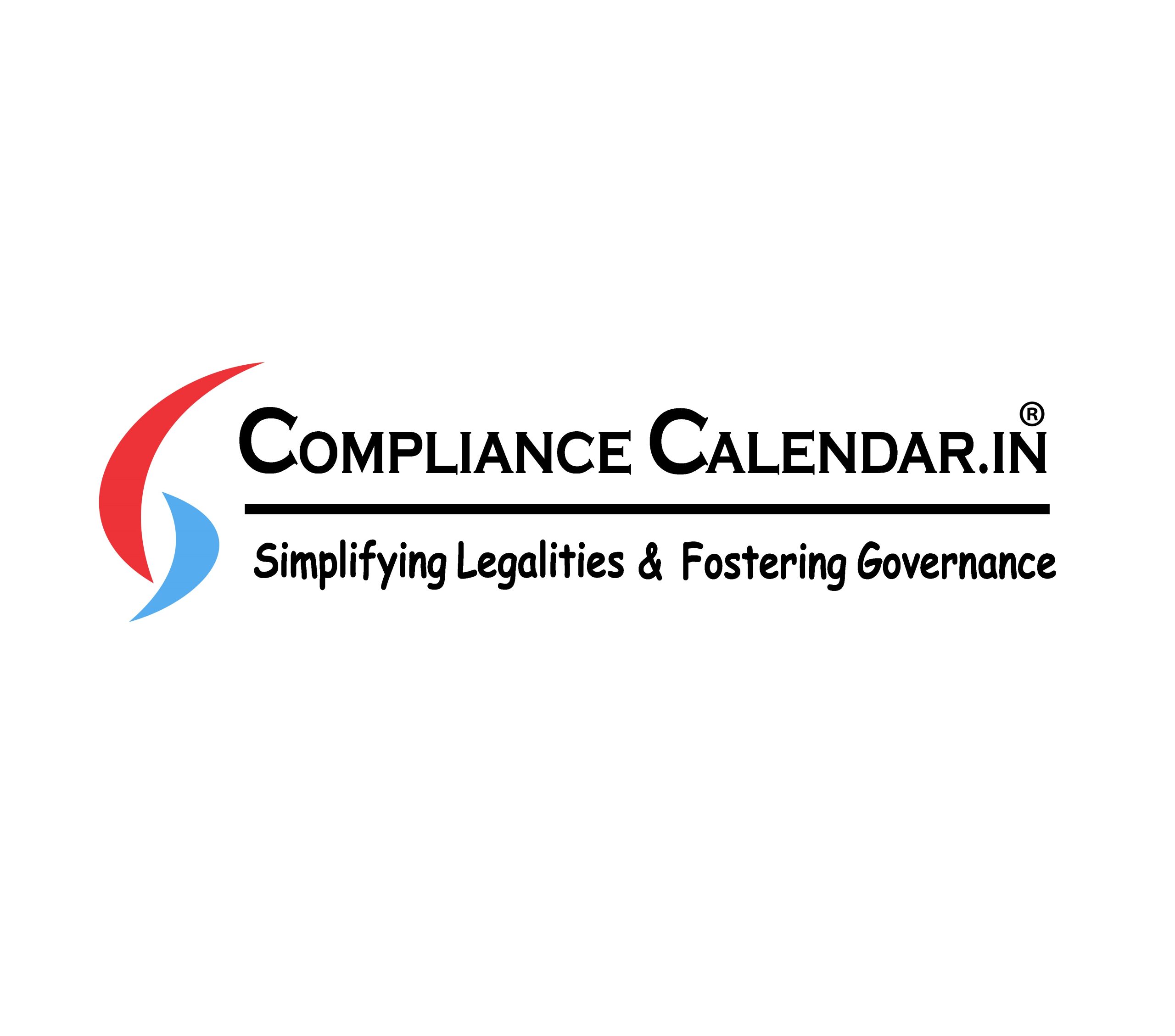Navigating the intricate landscape of trademark registration in India demands a profound comprehension of potential obstacles, with Section 9 objections standing as formidable challenges. When the Trademark Examiner issues objections based on absolute grounds under the Trademarks Act, applicants face the critical task of crafting a compelling response within a limited timeframe. This article unravels the complexities surrounding Section 9 objections, shedding light on reasons for objection, response strategies, and the pivotal role of professional legal assistance. Understanding these nuances becomes paramount in ensuring a successful resolution and advancing towards the coveted goal of trademark registration.
Page Contents
- Reasons for Objection under Section 9 of the Trademarks Act, 1999:
- What to do if you have received Trademark Objection under section 9
- Trademark Objection Under Sections 9(1) and 9(2):
- How to Overcome Trademark Objections:
- Possible Objections under Section 9:
- Points to note for waiving off Objection Under Section 9
Reasons for Objection under Section 9 of the Trademarks Act, 1999:
The main reasons for an objection under this section typically include:
1. Lack of Distinctiveness: The trademark may not be capable of distinguishing the goods or services of one person from those of another person. This includes marks that are generic, descriptive, or commonly used terms in the trade.
2. Descriptive Marks: If the trademark is directly descriptive of the quality, intended purpose, value, geographical origin, or some other characteristic of the goods or services, it may be objected to. For example, a brand name like “Fast Internet” for internet services could be seen as descriptive.
3. Deceptive Marks: Trademarks that are likely to deceive or cause confusion, or that contain matter likely to hurt religious susceptibilities, are also subject to objection.
4. Customary in Current Language or Established Practices: A mark that has become customary in the current language or in the bona fide and established practices of the trade may not be registered.
What to do if you have received Trademark Objection under section 9
When a trademark application faces an objection under Section 9, the applicant is given an opportunity to respond to the objection, typically by providing arguments or evidence as to why the mark should be registered despite the Examiner’s concerns. This response is a crucial part of the trademark registration process, and it’s often advisable to seek professional legal assistance to effectively counter the objection. If the response is satisfactory, the objection may be overcome and the trademark may proceed towards registration. If not, the application might be refused.
Trademark Objection Under Sections 9(1) and 9(2):
Sections 9(1) and 9(2) of trademark law in certain countries, particularly India, outline specific provisions related to the refusal of trademark registration.
Section 9(1):
- Section 9(1)(a): Marks lacking distinctiveness.
- Section 9(1)(b): Marks devoid of distinctive character (too generic or descriptive).
Section 9(2):
- Section 9(2)(a): Refusal if identical or similar to an earlier trademark for similar goods, causing confusion.
- Section 9(2)(b): Refusal if identical or similar to a well-known trademark, causing unfair advantage or detriment to the well-known mark’s distinctive character.
How to Overcome Trademark Objections:
- For Section 9(1): Provide evidence of acquired distinctiveness, amend the mark, disclaim generic elements, and address specific sub-section concerns.
- For Section 9(2): Negotiate with the owner of earlier marks, obtain consent, modify the mark, or demonstrate non-harm to the well-known mark’s reputation.
Possible Objections under Section 9:
During trademark application examination, objections under Section 9 of the Indian Trade Marks Act, 1999, may arise, including:
- Descriptiveness (Section 9(1)(b)): Objecting to trademarks considered too descriptive to distinguish goods or services.
- Generic Terms (Section 9(1)(c)): Objecting to trademarks comprising generic terms commonly used for the goods or services.
- Lack of Distinctive Character (Section 9(1)(a)): Objecting to trademarks lacking distinctive character, not necessarily descriptive but lacking uniqueness.
- Prohibited Marks (Section 9(2)): Raising objections if the trademark conflicts with earlier registered or well-known trademarks.
- Scandalous or Obscene Marks: Objecting to registration if the mark is found to be scandalous or obscene.
- Deceptive Marks: Objecting if the trademark is likely to deceive or cause confusion among consumers.
- Geographical Names (Section 9(1)(e)): Objecting if the trademark contains a geographical name that could mislead the public.
- Deceptively Similar Marks: Objecting if the mark is deceptively similar to existing trademarks, causing potential confusion.
Points to note for waiving off Objection Under Section 9
To address objections under Section 9, providing evidence of acquired distinctiveness, amending the mark, disclaiming elements, and addressing specific concerns raised in the examination report are essential. Consultation with a skilled trademark attorney is recommended for the objection resolution process.
Conclusion: Overcoming trademark objections under Section 9 requires a strategic and well-informed approach. By understanding the specific reasons for objection, responding effectively, and seeking professional legal guidance, applicants can increase the likelihood of successful trademark registration. This comprehensive guide provides valuable insights for navigating the trademark objection resolution process in India.
*****
If you need further clarification or personalized consultation, our dedicated team at Compliance Calendar will be happy to help you reply on your trademark objection under section 9. Please feel free to connect with us via email at info@ccoffice.in or by calling us at +91 9988424211.




